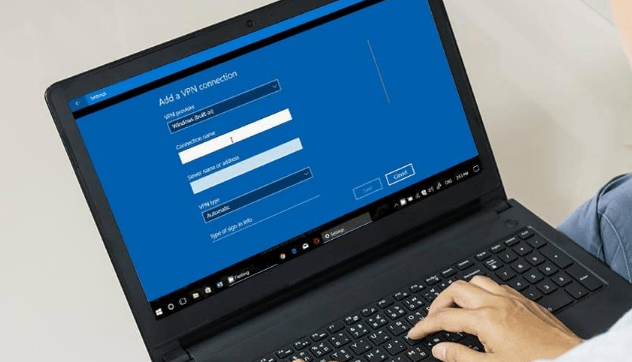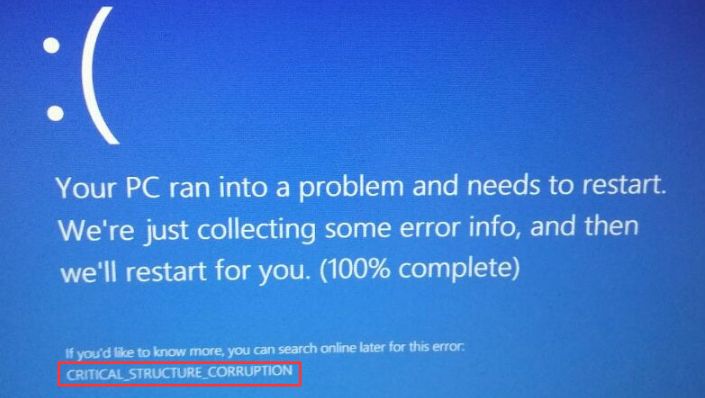Fintechzoom Best VPN: How to Choose the Right VPN for Privacy in 2025
With increasing concerns about online privacy and cybersecurity threats, using a Virtual Private Network (VPN) has become essential. A reliable VPN not only hides a user’s online activity but also ensures their data remains secure from hackers, government surveillance, and data-hungry corporations. In 2025, with more companies tracking online behavior and governments introducing stricter regulations, choosing the right VPN has never been more critical.
Why Use a VPN?
A VPN offers multiple benefits that go beyond privacy. Some of the key reasons to use a VPN include:
- Online Anonymity: A VPN masks the user’s IP address, making it difficult for websites and third parties to track their real location.
- Data Security: It encrypts internet traffic, protecting sensitive information from hackers, especially when using public Wi-Fi networks.
- Bypassing Restrictions: Users can access geo-blocked content by connecting to servers in different locations worldwide.
- Preventing ISP Throttling: Some internet service providers (ISPs) slow down connections for specific sites, but a VPN can help bypass such speed restrictions.
Key Factors to Consider When Choosing the Best VPN
Not all VPN services are created equal. When selecting a VPN in 2025, it is crucial to evaluate specific factors that determine its effectiveness in providing privacy and security.
1. Strong Security Features
The primary purpose of a VPN is to secure online activity. Users should select a VPN that offers:
- Military-grade encryption: AES-256 encryption ensures maximum security.
- No-logs policy: The provider should not store any user data.
- Kill switch: Automatically disconnects the internet if the VPN connection drops.
- Multi-hop servers: Routes traffic through multiple locations for extra privacy.

2. Server Network and Speed
A wide network of servers across multiple countries ensures users can access global content and maintain a fast connection. A good VPN should provide:
- High-speed servers optimized for streaming and gaming.
- Unlimited bandwidth with no data caps.
- Reliable connections with minimal latency.
3. Device Compatibility
Users should look for a VPN that works on multiple devices and operating systems, including:
- Windows, macOS, Linux
- iOS and Android
- Smart TVs and routers
- Browser extensions for Chrome, Firefox, and Edge
4. Privacy Jurisdiction
Government regulations vary by country, and some jurisdictions enforce strict data retention laws. It is advisable to choose a VPN based in a privacy-friendly country, avoiding providers under the Five Eyes Alliance, which includes the US, UK, Canada, Australia, and New Zealand.
5. P2P and Streaming Support
Many users rely on VPNs for torrenting and streaming. A top-tier VPN should unblock platforms like Netflix, HBO Max, and BBC iPlayer while also allowing secure P2P connections for torrenting.
6. Customer Support
Quality customer service can make a significant difference when troubleshooting VPN-related issues. Providers offering 24/7 live chat support, email assistance, and extensive knowledge bases are preferable.

7. Pricing and Free Trials
While free VPNs exist, they often come with limitations and security risks. It is best to opt for a premium service offering:
- Affordable subscription plans with a money-back guarantee.
- Free trials to test performance before committing.
- Discounted long-term plans providing better value.
Top VPN Recommendations for 2025
Based on security, speed, and user experience, some of the best VPNs in 2025 include:
- ExpressVPN: Known for top-tier security and blazing-fast speeds.
- NordVPN: Features advanced security with multi-hop servers.
- Surfshark: Provides unlimited device connections at an affordable price.
- CyberGhost: Optimized for streaming and user-friendly.
- ProtonVPN: A privacy-focused VPN with a strong no-logs policy.
Frequently Asked Questions
1. Do free VPNs provide the same security as paid VPNs?
No, free VPNs often have weak encryption protocols, store user logs, and sell data to third parties. A premium VPN ensures better security and privacy.
2. Can a VPN slow down internet speed?
Yes, but a high-quality VPN with optimized servers minimizes speed loss. Choosing a nearby server and a provider with fast infrastructure helps maintain performance.
3. Is it legal to use a VPN?
In most countries, using a VPN is legal. However, some governments restrict or ban VPN usage, such as China, Russia, and North Korea.
4. Does a VPN protect against hackers?
Yes, a VPN encrypts internet traffic, making it difficult for hackers to intercept sensitive information, especially on public Wi-Fi networks.
5. How can I check if my VPN is working?
Users can verify their VPN connection by checking their IP address through websites like WhatIsMyIP. If the displayed location is different from the real one, the VPN is working.
By choosing the right VPN service in 2025, users can protect their online privacy, bypass restrictions, and maintain a secure internet experience. Investing in a reliable provider ensures long-term digital security and freedom.





